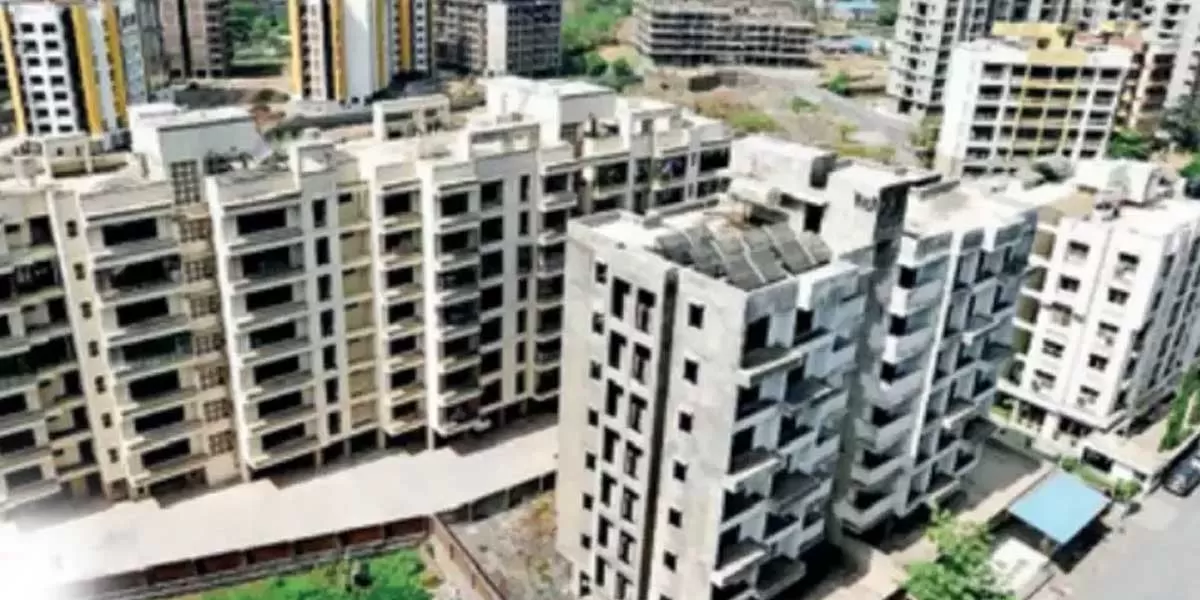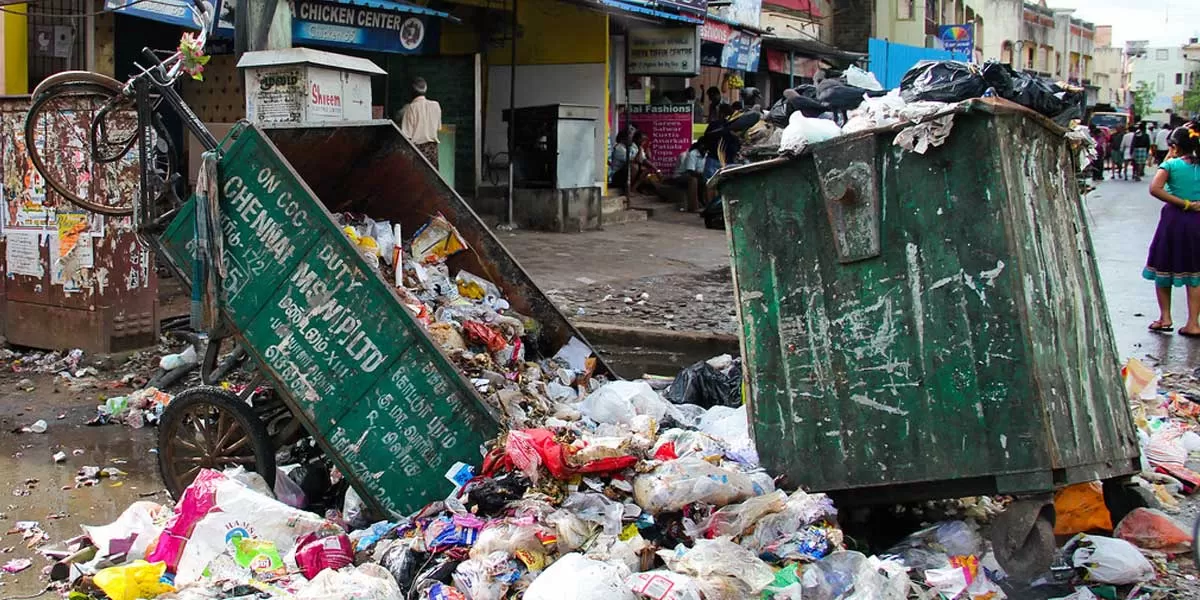
Gujarat Struggles to Curb Illegal Constructions in Ahmedabad

Gregoire Arranz, ARKANCE: Breaking data silos for smarter construction
Established in 2018, ARKANCE has emerged as a global leader in digitalization for the construction and manufacturing industries. With its "Partner to Build Smarter" strategy, the company integrates cutting-edge technology with its proprietary Be.Smart software to streamline workflows and improve efficiency. Gregoire Arranz, CEO of ARKANCE, is at the helm, steering the company towards innovation in collaboration with leading tech players like Autodesk, Bentley, Adobe, and Bluebeam. In this conversation with CONSTRUCTION WORLD, he discusses the role of digital transformation, emerging trends in ..

India Advances in Sustainable Solid Waste Management Technologies
In a significant step towards environmental sustainability, Indian scientists and research institutions have pioneered advanced technologies for the management of solid and plastic waste. These innovations span across various sectors, offering decentralised, eco-friendly solutions that bridge scientific advancement with practical implementation. A range of cutting-edge technologies have been developed for efficient solid waste management: Bio-Methanation for Organic Waste: The CSIR–Indian Institute of Chemical Technology (CSIR-IICT) has developed a high-rate bio-methanation technology tail..

India Sets Up Anusandhan Foundation to Boost National Research
In a landmark move to strengthen India’s scientific research and innovation ecosystem, the Government has established the Anusandhan National Research Foundation (ANRF) under the ANRF Act, 2023, which was officially notified in February 2024. The foundation is designed to mobilise and manage significant funding across multiple streams for research and development activities across the country. The ANRF will receive financial support through various dedicated streams—the ANRF Fund, Innovation Fund, Science and Engineering Research Fund, and Special Purpose Funds. A budgetary provision of R..














